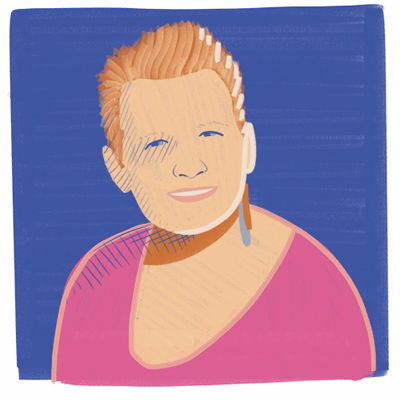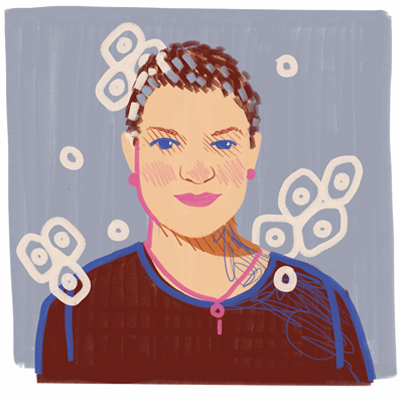Professor Andrea Streit

Andrea Streit earned her degree in Biology at the University of Cologne, Germany, where she also completed her PhD in Developmental Neurobiology at the University of Heidelberg. She coordinates a research group that works on the development of vertebrate sense organs. She studies the molecular and cellular mechanisms that control cell fate decisions in the sensory nervous system, and how the findings from developmental biology can be used to promote regeneration and repair.
Using multidisciplinary approaches, her group studies the signaling and transcription factor networks that control how sensory stem cells become different from each other to generate cells of the eye, ear and nose and the specialized cell types therein and how these networks were modulated as complex sense organs emerged during evolution.
Andrea is recognized all over the world in this area. She has won the March of Dimes Basil O’Connor Starter Scholar Research Award and her research is mainly funded by the BBSRC, as well as the MRC and NIH. She has been a member of several grant panels , including the BBSRC, the UKRI Future Leaders Panel, the Action on Hearing Loss Fellowship Panel and the DAAD (Deutscher Akademischer Austauschdienst) Fellowship Panel. Most recently she served on the Research Excellence Framework Biological Sciences Panel. She is currently a member of the Royal Society of Biology.
She is also recognized for her leadership positions: she has served as the Dean for Research at the Dental Institute King’s College London, from 2013 to 2018, and currently is the Head of the Center for Craniofacial and Regenerative Biology, since 2021. Since she was an undergraduate student, Andrea has had a passion for developmental biology. Watching fertilized sea urchin eggs divide and develop into a swimming embryo in a few hours got her hooked on developmental biology. Andrea loves making new discoveries and sharing her findings with colleagues.
Andrea thinks that an inclusive work environment is critically important in STEM topics to provide balanced opinions. For Andrea, women can bring a unique perspective to science, often promoting collaborative and supportive approaches.
“Many STEM areas have traditionally been dominated by male scientists especially in leadership positions, and this is only slowly changing. I am lucky that Developmental Biology, in general, provides a very supportive environment with many female role models. I am also lucky that I have worked in a gender-balanced department for many years. In various leadership roles, I have promoted gender balance and inclusion to overcome obstacles for academic science and provide an open environment for future generations”, she concludes.


